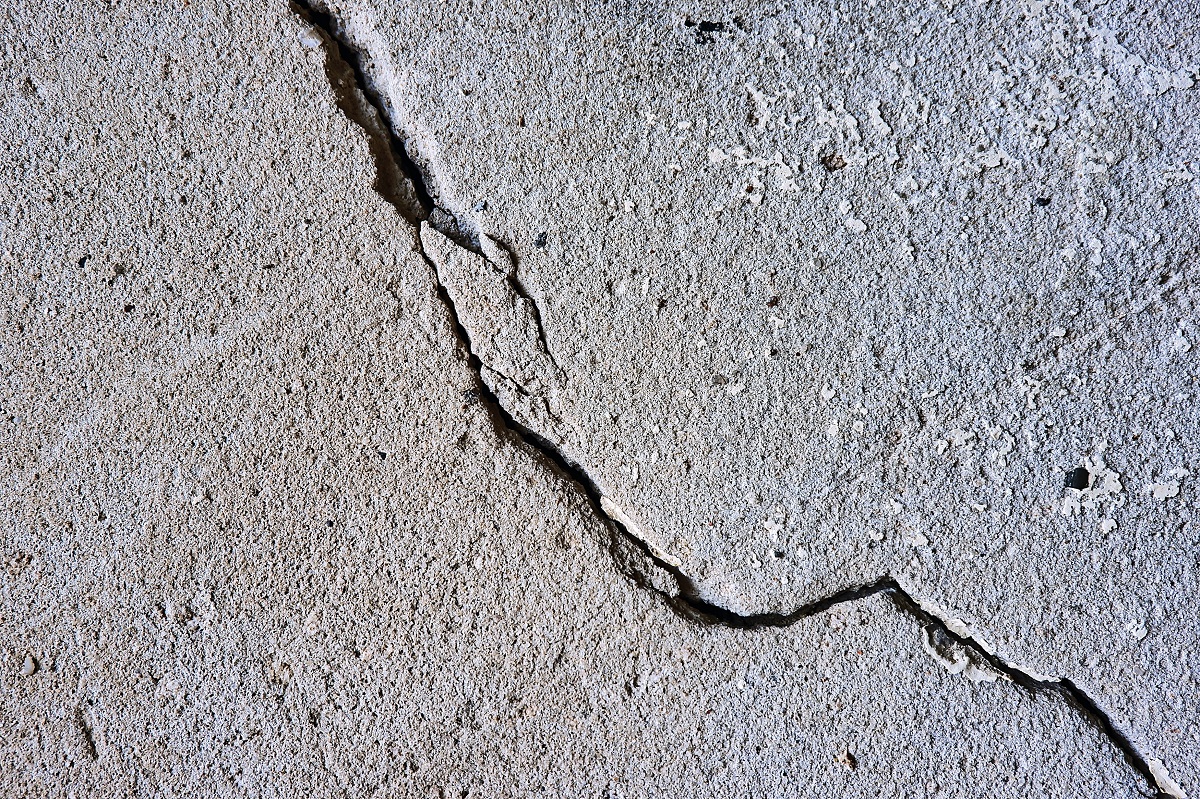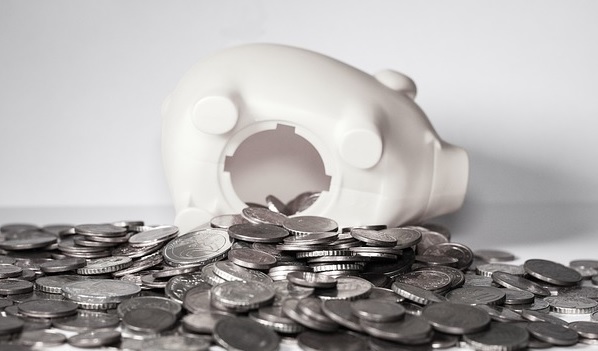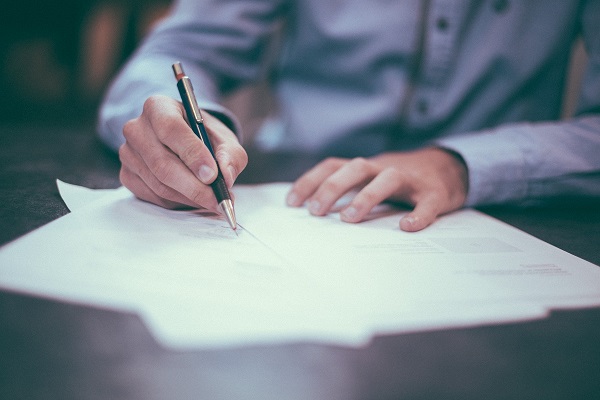Earthquake Preparedness for Condo Dwellers
|
by Ice Artificio
•
May 12, 2019
•
General
|

It has been a few weeks since a 6.1 quake hit the metro. After the initial panic has died down, now is the best time to ask yourself as a condo renter: how do you prepare for future earthquakes?
The best advice for these unpredictable natural disasters is to plan in advance. Knowing your options in split-second decision making makes a lot of difference and will help you think instead of panicking or succumbing to fear.
Here are 7 questions you can ask yourself to help step up your earthquake preparedness:
The closer you are to that line, the stronger the quake will be if it those plates move. If you are living closer to one, it is more important for you to prepare and educate yourself on what to expect. Find if you are near one through the Philvolcs site - http://faultfinder.phivolcs.dost.gov.ph/.
You can check this in the government-issued building permit. These are minimum requirements. As a step up, extra safety is offered by earthquake-resistant condos where they take extra measures to be able to withstand earthquakes of higher magnitudes.
Here is a handy guide on how to build your Emergency Go Bag and customize based on your needs. Identify your personal needs such. For me, face masks and antihistamines are important items in my bag.
Avoid windows and doors that might break or won’t hold the impact of the quake. Try to avoid areas susceptible to falling debris (high shelves with heavy items such as books or breakables or hanging items).
Expect aftershocks and keep in mind that many injuries result from people moving around while the earthquake is happening. So if the ground starts to shake again, find a safe spot and stay put until it stops.
Earthquakes, for the most part, are unpredictable. If there is something we can be sure of, it is that for a country that rests on the ring of fire, both volcanic and tectonic earthquakes are inevitable.
The best thing you can do is to plan, so you can make educated decisions that could help ensure survival and minimize injury.
Photo by Andrew Buchanan on Unsplash
The best advice for these unpredictable natural disasters is to plan in advance. Knowing your options in split-second decision making makes a lot of difference and will help you think instead of panicking or succumbing to fear.
Here are 7 questions you can ask yourself to help step up your earthquake preparedness:
Are you near a fault line?
Fault lines are cracks in the earth that happens when tectonic plates move. These fractures in the ground is where quakes tends to occur on these faults.The closer you are to that line, the stronger the quake will be if it those plates move. If you are living closer to one, it is more important for you to prepare and educate yourself on what to expect. Find if you are near one through the Philvolcs site - http://faultfinder.phivolcs.dost.gov.ph/.
Does your condo meet safety standards and more?
The National Building code requires buildings meet a specific set of requirements to withstand natural disasters to a certain degree.You can check this in the government-issued building permit. These are minimum requirements. As a step up, extra safety is offered by earthquake-resistant condos where they take extra measures to be able to withstand earthquakes of higher magnitudes.
Do you know your emergency exits/fire exits by heart?
Make good use of wait times on the elevator and review where the closest fire exits are. Knowing this piece of information will save you time. Prepare your escape routes and discuss rendezvous points with family members in the event that you are separated while trying to evacuate.Do you have any fall-risk objects in your home?
Heavy objects and breakables that might fall when the ground shakes can turn add to falling debris when the building starts swaying. Mount these objects in place to secure them or move them to a lower, less risky area.Do you have emergency kits ready?
There are two kinds of emergency kits that you should have in your home. One that you can pick up if you need to evacuate and another one that can sustain you if you are stuck in your home.Here is a handy guide on how to build your Emergency Go Bag and customize based on your needs. Identify your personal needs such. For me, face masks and antihistamines are important items in my bag.
Where are you going to run for cover?
These are strong tables and interior walls you can run to for cover in your home and office.Avoid windows and doors that might break or won’t hold the impact of the quake. Try to avoid areas susceptible to falling debris (high shelves with heavy items such as books or breakables or hanging items).
Do you know what areas to avoid after a quake?
Power lines, elevators, kitchens or any area with sharp objects are hazard areas that you should avoid.Expect aftershocks and keep in mind that many injuries result from people moving around while the earthquake is happening. So if the ground starts to shake again, find a safe spot and stay put until it stops.
Earthquakes, for the most part, are unpredictable. If there is something we can be sure of, it is that for a country that rests on the ring of fire, both volcanic and tectonic earthquakes are inevitable.
The best thing you can do is to plan, so you can make educated decisions that could help ensure survival and minimize injury.
Photo by Andrew Buchanan on Unsplash
Comments 💬









